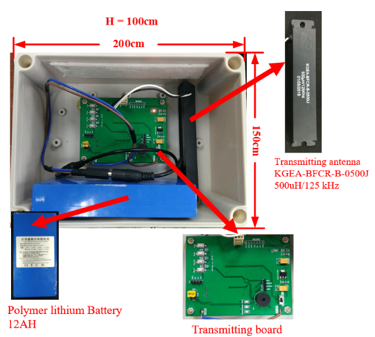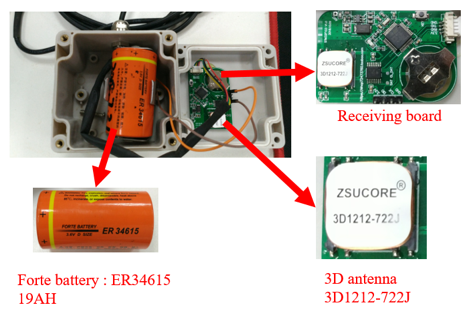Dr Honghui Wang
Associate Professor (Chengdu University of Technology), Visiting Scholar
Office: 443 Davis Hall
Email: wanghh@berkeley.edu , wanghh@cdut.edu.cn
Honghui Wang is an Associate Professor in College of Nuclear Technology and Automation Engineering, Chengdu University of Technology (CDUT) in China since 2014. He is also a research fellow in the State Key Laboratory of Geohazard Prevention and Geoenvironment Protection (SKLGP) in China. He completed all his studies in CDUT and obtained his BEng and MEng with major in Electronics Engineering (2007,2009), and Ph.D. with major in Geo-Detecting Information & Technology in 2012. His doctoral dissertation focused on the safety monitoring technologies of the Radioactive Waste Disposal site in Longmenshan seismic fault zone in China, which was identified as an outstanding doctoral thesis in Sichuan Province in China.
Dr. Honghui is one of the trainees of academic and technical leaders in Sichuan Province. His current research activities include a) Geological hazards monitoring using Wireless Sensor Networks; b) Magnetic Induction Instrument development and its application in underground monitoring. In his field of research, he has obtained the First Prize of Science and Technology Progress of Sichuan Province, China (2013), the Second Prize of National Defense Science and Technology Progress from Ministry of Industry and Information Technology, China (2013), and the Second Prize of Land Resource Science and Technology Progress from Ministry of Land and Resources, China (2011). He has published approximately 40 journal and conference papers and is also the first author of “Programmable Controller Principle & Application-Brief Tutorial”. He also owns 9 Chinese patents. Dr. Honghui was a recipient of the China Young People’s Science & Technology Innovation Prize (2007) and the Top-Ten University Students of China (2007) when he was an undergraduate student.
Dr. Honghui is currently a visiting scholar at the University of California, Berkeley (1 year) and he is working on using wireless sensor networks and magnetic induction technology to collect and transmit environmental data such as temperature, pressure, and moisture, especially in non-air media such as soil, sand, and water.


